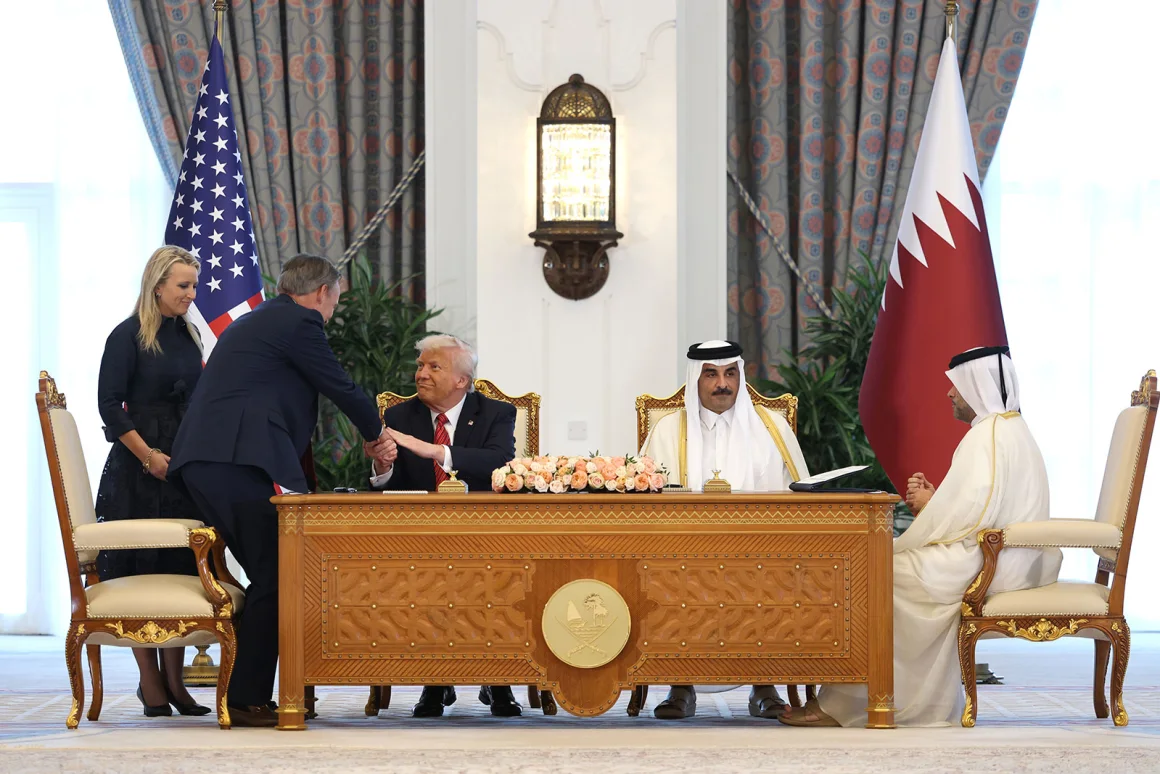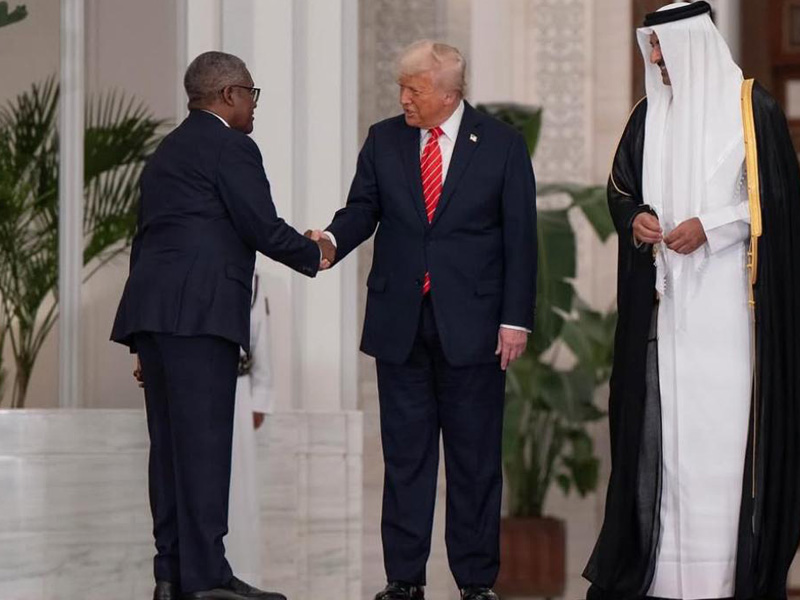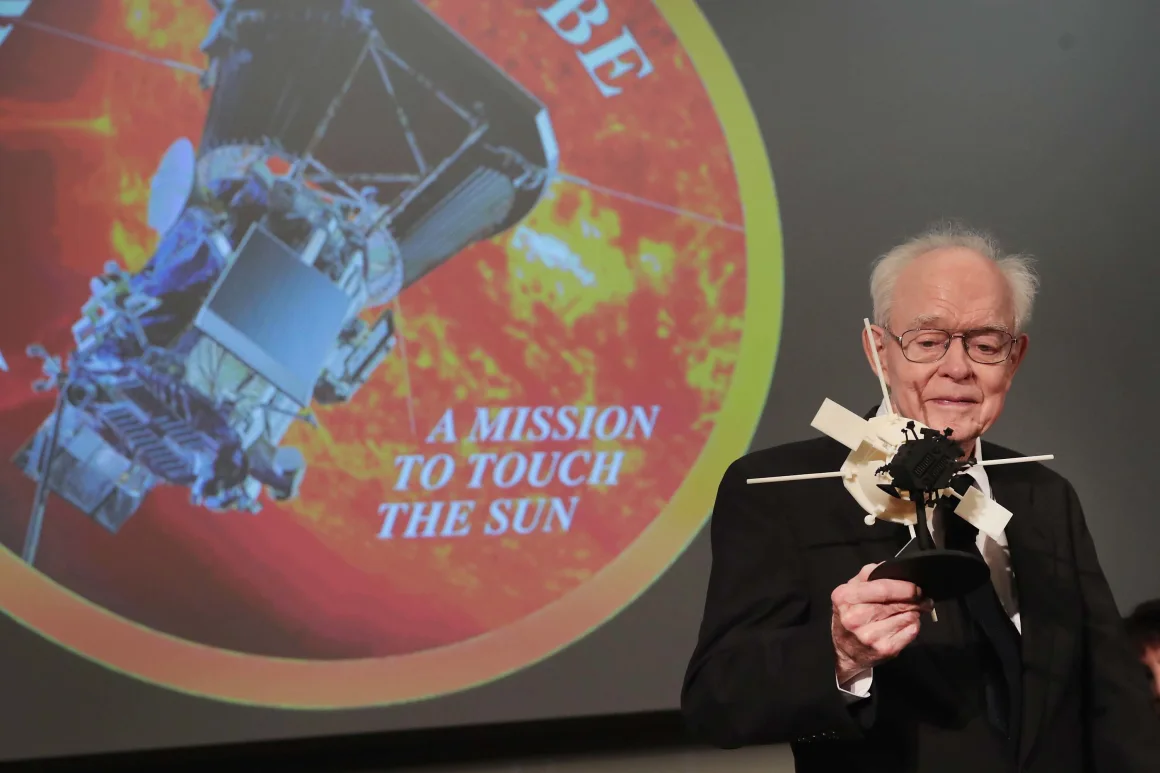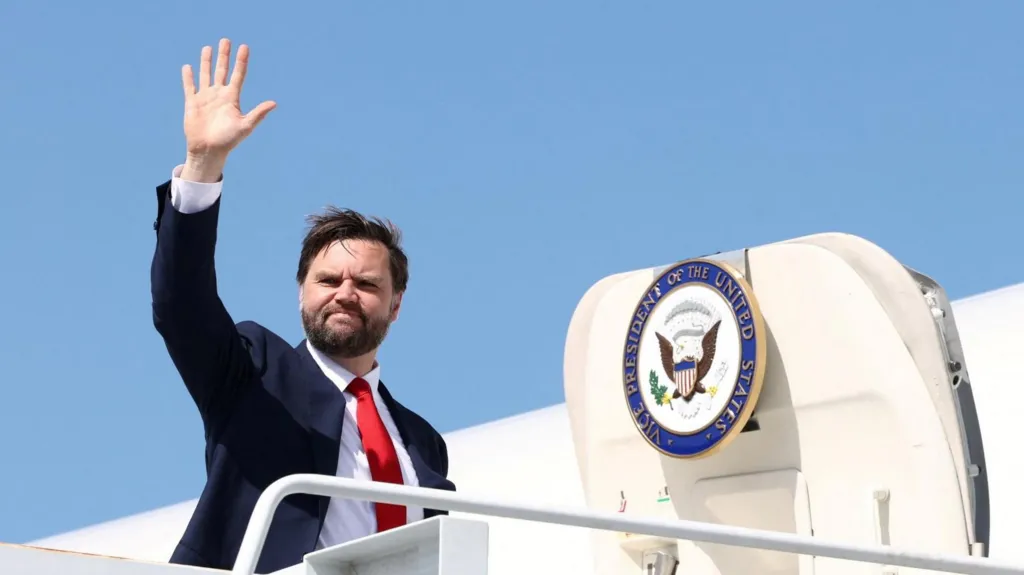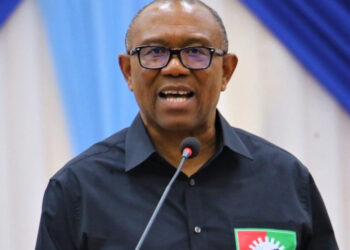During his recent Middle East tour, U.S. President Donald Trump announced the lifting of all sanctions on Syria, marking a significant shift in American foreign policy. This decision followed a historic meeting in Riyadh with Syria’s new president, Ahmed al-Sharaa—the first such encounter between U.S. and Syrian leaders in 25 years.
President Trump described al-Sharaa as a “tough guy” with a “strong past,” expressing optimism about Syria’s potential for stability and prosperity . He encouraged Syria to join the Abraham Accords, normalize relations with Israel, and assist in counterterrorism efforts, including managing ISIS detention centers.
The lifting of sanctions was met with celebrations in Damascus, where citizens hope for economic revival after years of civil war and isolation . However, the move has raised concerns in Israel and among some U.S. officials, who caution against trusting a leader with a controversial past.
President Trump’s decision underscores a broader realignment in Middle East diplomacy, emphasizing economic partnerships and regional stability over traditional alliances .



